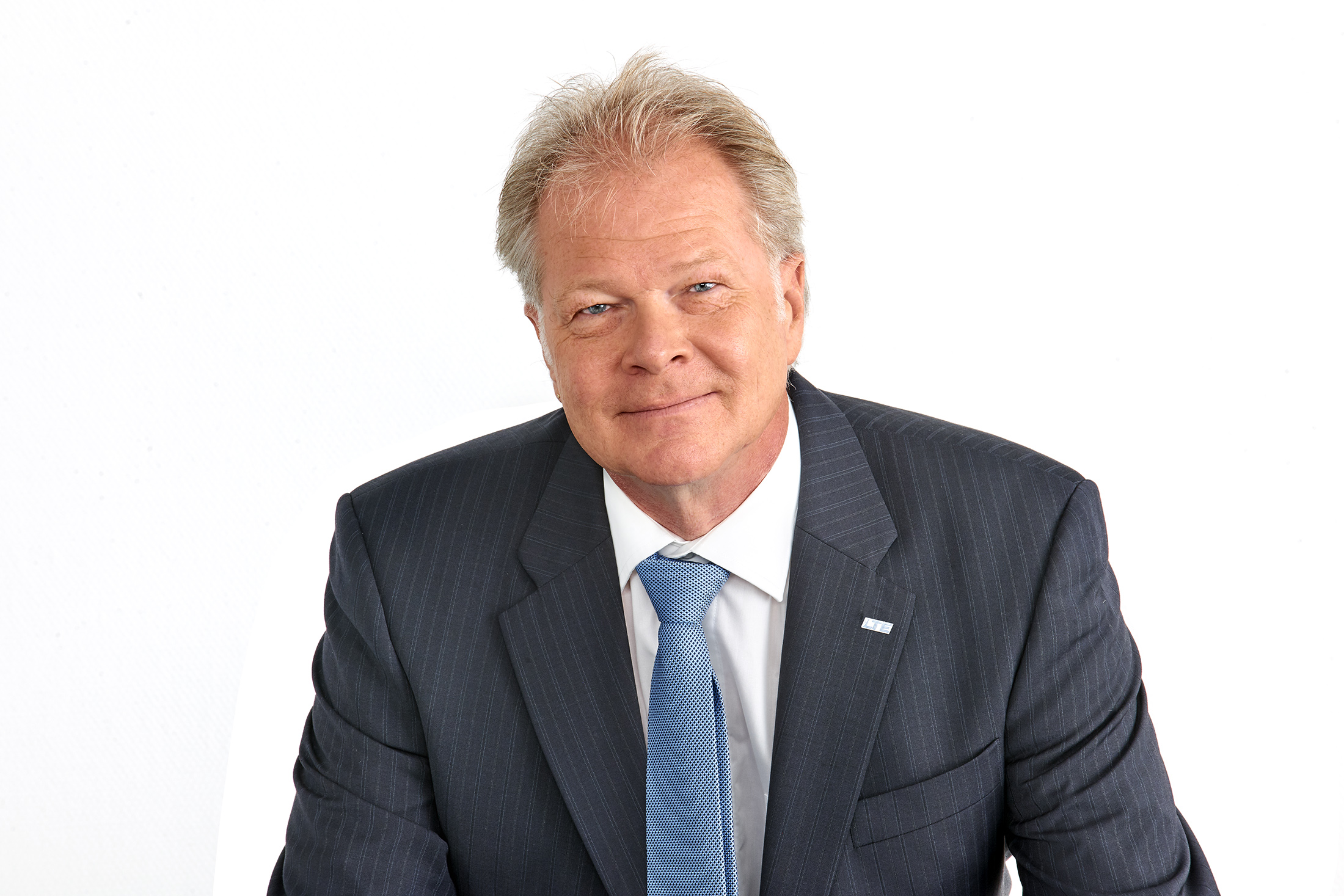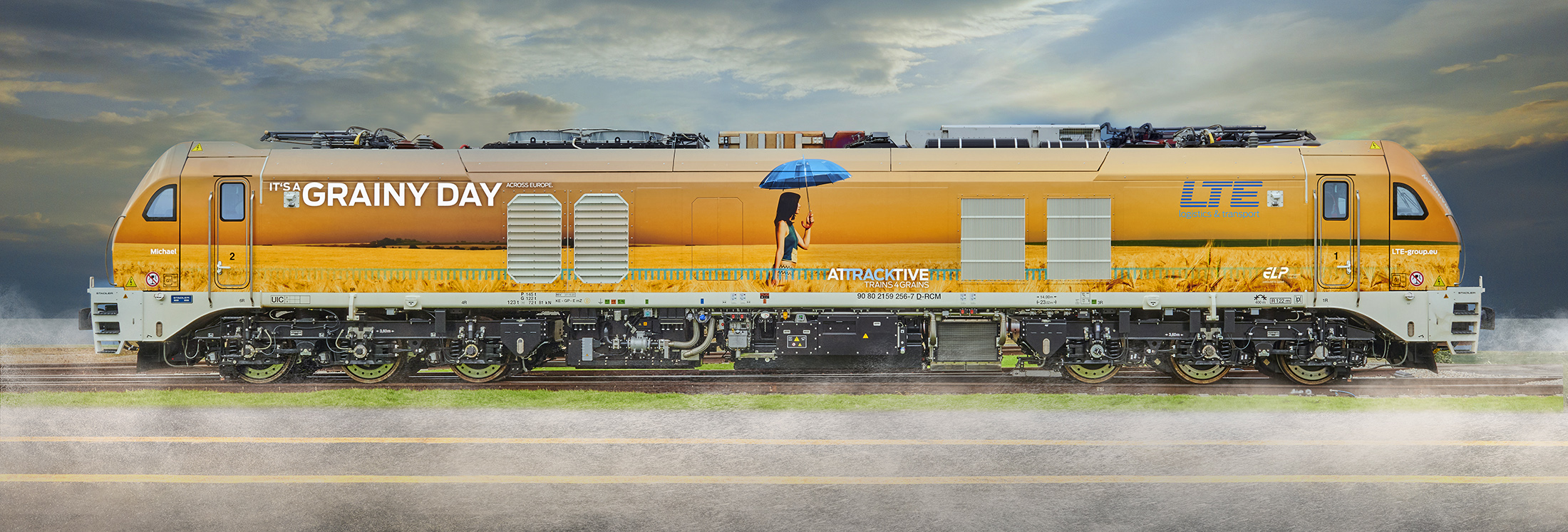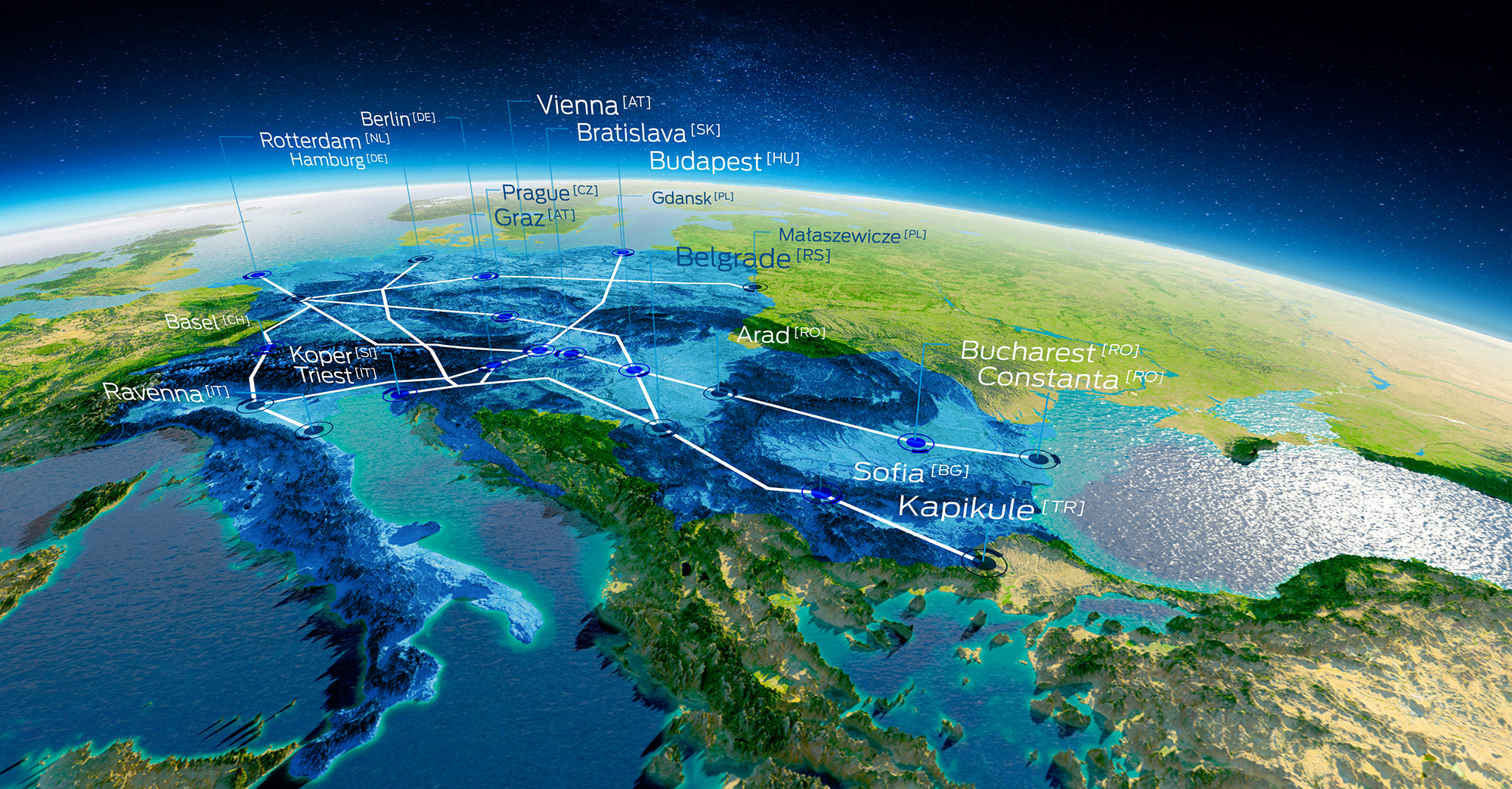Solely moving trains is becoming a discontinued model, that is why the LTE-group wants to expand its range of services to include rail logistics in order to stand out from container shipping companies becoming new competitors.
Stay informed!
Fill in your email address and get regular updates from LTE-group!

The war in the Ukraine changed supply chains thus bringing increases in revenue for those rail transport companies commissioned to transport grain, iron ore, alumina and steel by rail, although: “We would have achieved even more if only rail infrastructure had more potential,” says Mag. Andreas Mandl . “Our 660 employees have tractiond more than 13,000 trains and achieved a sales volume of almost 200 million euros,” says Mandl, pleased about the positive development, but also urging caution.
- Point one - rail infrastructure: More and more transport are to be shifted to the sometimes dilapidated rail system. There is a risk of collapse of the rail network due to (new) long-term construction sites.
- Point two - new providers in European rail freight transport: container shipping companies are building their own train systems with an economic power to bring about an upheaval of the market with the state railways as future victims. Andreas Mandl believes it is possible that in the future only those who provide the locomotives will be the ones ordering the (still state-owned) routes. The operator specialists would then only need wagons to carry out their business.
- Another major disadvantage for Andreas Mandl are the state railways' rigid tariff schemes for routes, energy and train travel, which are difficult to understand and which cannot cope with the (daily) flexible, recently always falling freight rates in road freight transport.

Mandl sees the future of rail logistics in the unification of smaller rail freight forwarders and private railway companies, accompanied by a clear focus on sectors of the industry. In case of the LTE-group, which currently has 96 locomotives (70 of which have electric motors), the product groups grain/agricultural goods, automobiles and intermodal are highly relevant.

The LTE-group faces the expansion of the large shipping companies into European rail freight transport with respect, but without panic, instead analyzing new scenarios: “We will counter this with a complete service for customers,” says Andreas Mandl. “Booking terminal slots for intermodal transports, organizing first and last mile by road, investments in freight wagons and container systems as well as additional services in the area of customs clearance means that the boundaries between the rail transport companies and rail logistics companies are increasingly disappearing.
The original interview (download here) is published in "Österreichische Verkehrszeitung" and on oevz.com.
preview pic: YesPhotographers | shutterstock.com
